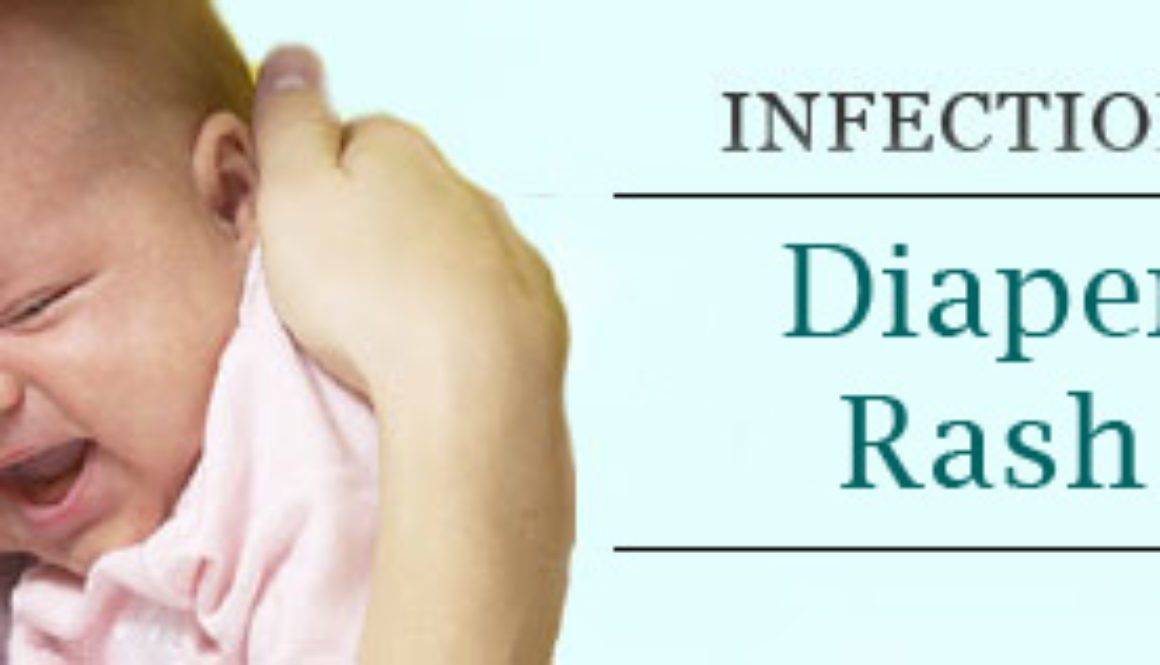Your Child’s Immunizations: Measles, Mumps & Rubella Vaccine (MMR)

The MMR vaccine protects against measles, mumps, and rubella (German measles).
Immunization Schedule
MMR vaccinations are given by injection in two doses:
- at age 12–15 months
- at age 4–6 years
Children traveling outside the United States can get the vaccine as early as 6 months of age. These children should still get the recommended routine doses at 12–15 months and 4–6 years of age (if they are staying in an area where disease risk is high, they should get the first dose at 12 months and the second at least 4 weeks later).
Why the Vaccine Is Recommended
Measles, mumps, and rubella are infections that can lead to significant illness. More than 95% of children receiving MMR will be protected from the three diseases throughout their lives.
Possible Risks
Serious problems such as allergic reactions are rare. Potential mild to moderate reactions include rash, fever, swollen cheeks, febrile seizures, and mild joint pain.
When to Delay or Avoid Immunization
The vaccine is not recommended if:
- your child is currently sick, although simple colds or other minor illnesses should not prevent immunization
- your child had a severe allergic reaction to a previous dose of MMR vaccine, to gelatin, or to the antibiotic neomycin
Talk to your doctor about whether it’s a good idea for your child to be vaccinated if he or she:
- recently received gamma globulin or a blood transfusion
- has a medical problem that affects the immune system, such as cancer
- is taking prednisone, steroids, or other immunosuppressive drugs
- is undergoing chemotherapy or radiation therapy
- has ever had a low platelet count
Your doctor may determine that the benefits of vaccinating your child outweigh the potential risks.
Pregnant women should not receive the MMR vaccine until after childbirth.
Caring for Your Child After Immunization
If your child develops a rash without other symptoms, no treatment is needed. The rash should go away in several days. Check with your doctor to see if you can give either acetaminophen or ibuprofen for pain or fever and to find out the appropriate dose.
When to Call the Doctor
- Call if you aren’t sure if the vaccine should be postponed or avoided.
- Call if there are problems after the immunization.




















